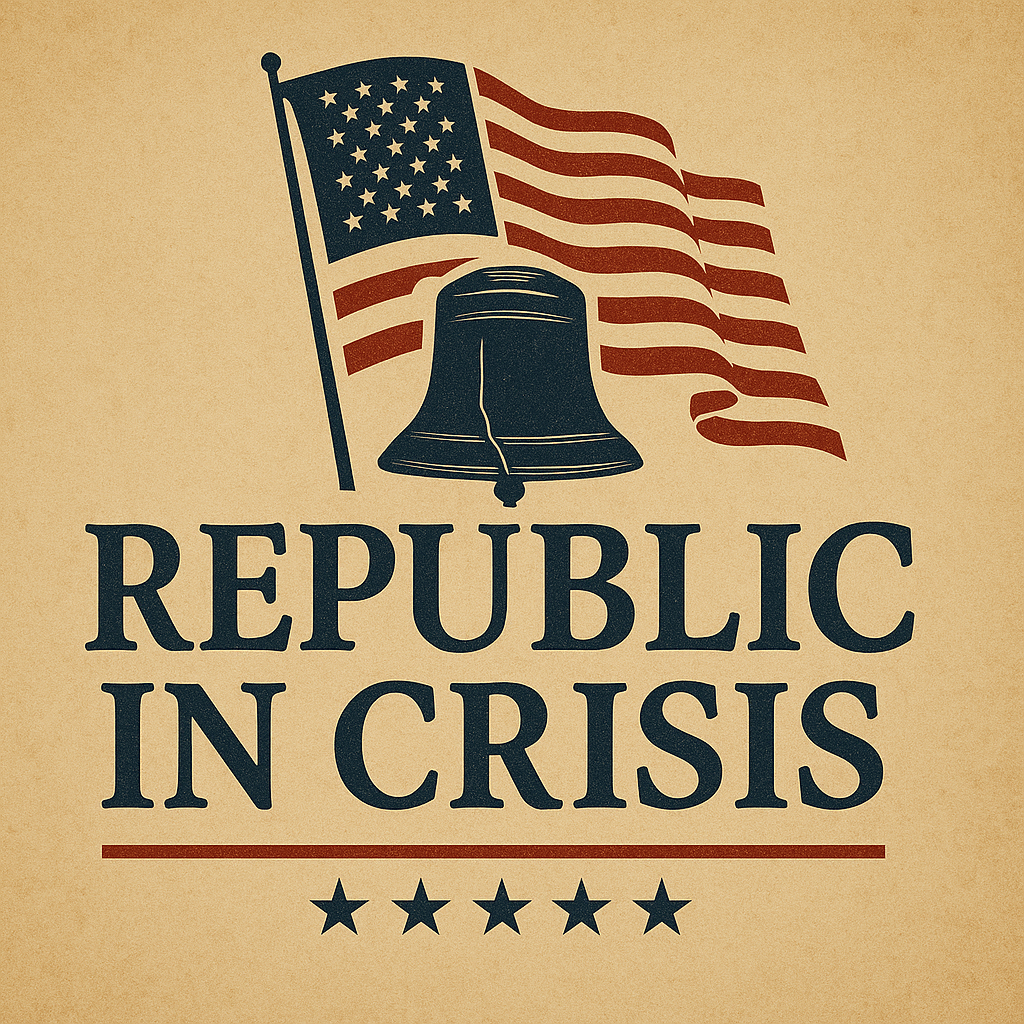Critical Thought Advocacy
Critical thinking and dialogue (even if not polite) are essential safeguards against ideological manipulation and groupthink, allowing individuals to examine ideas on their merits rather than accepting them based on emotion or social pressure. When people engage in rigorous debate, they can identify flaws in reasoning, expose hidden assumptions, and prevent dangerous ideas from taking root unchallenged. History demonstrates repeatedly that societies which suppress open discourse or discourage questioning of prevailing orthodoxies become vulnerable to authoritarian control and the erosion of individual rights. Without the ability to think independently and engage in honest dialogue—even when uncomfortable or confrontational—citizens lose their capacity to recognize and resist systems that promise utopian outcomes while delivering oppression.

Critical Thought Series
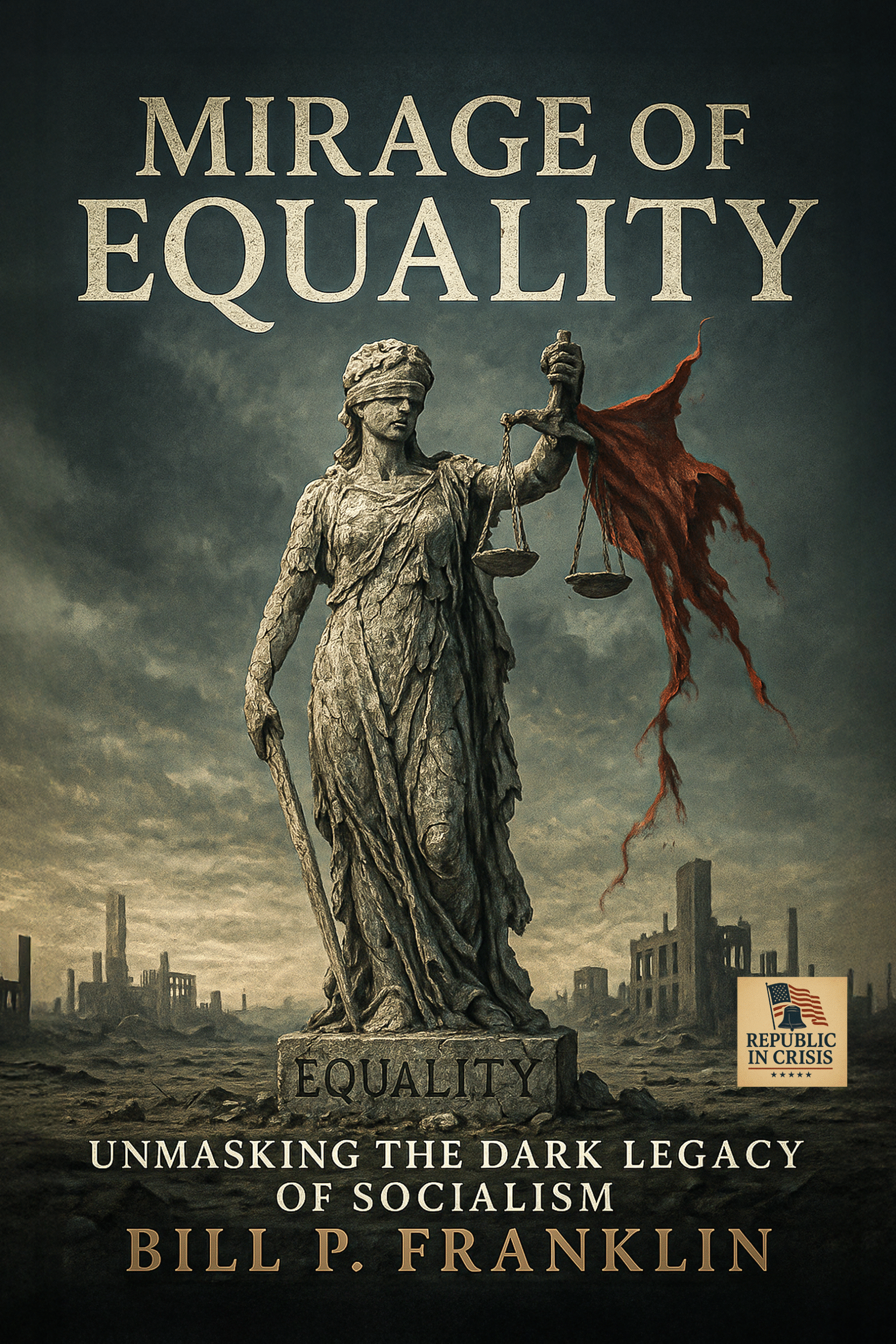
Mirage of Equality
Bill P. Franklin critically examines socialist economic systems through historical case studies from the Soviet Union to Venezuela, revealing the gap between idealistic promises and real-world outcomes. This evidence-based analysis explores how centralized policies have impacted innovation, individual freedoms, and quality of life while advocating for market-based alternatives. Perfect for readers seeking to understand economic history and engage in informed dialogue about political systems and governance.
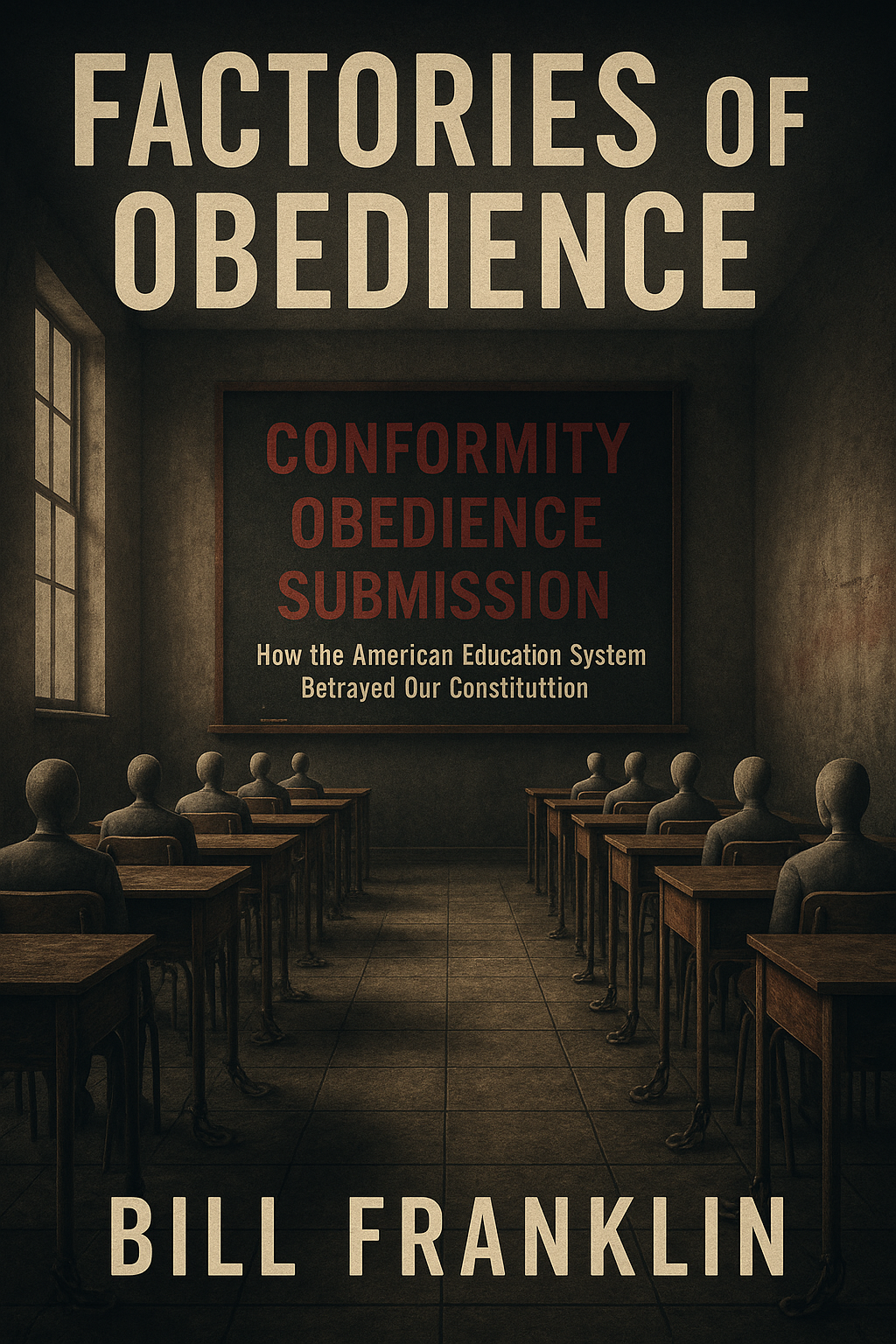
Factories of Obedience
Bill P. Franklin explores how the American educational system, rooted in the rigid Prussian model, has prioritized conformity and obedience over creativity and critical thinking. Through historical analysis and psychological insights, the book examines how standardized testing and authoritarian classroom dynamics suppress student individuality and civic engagement. Franklin advocates for transformative educational reforms including flexible curricula, empowered teachers, and community involvement to restore education as a tool for nurturing independent, critically-thinking citizens.
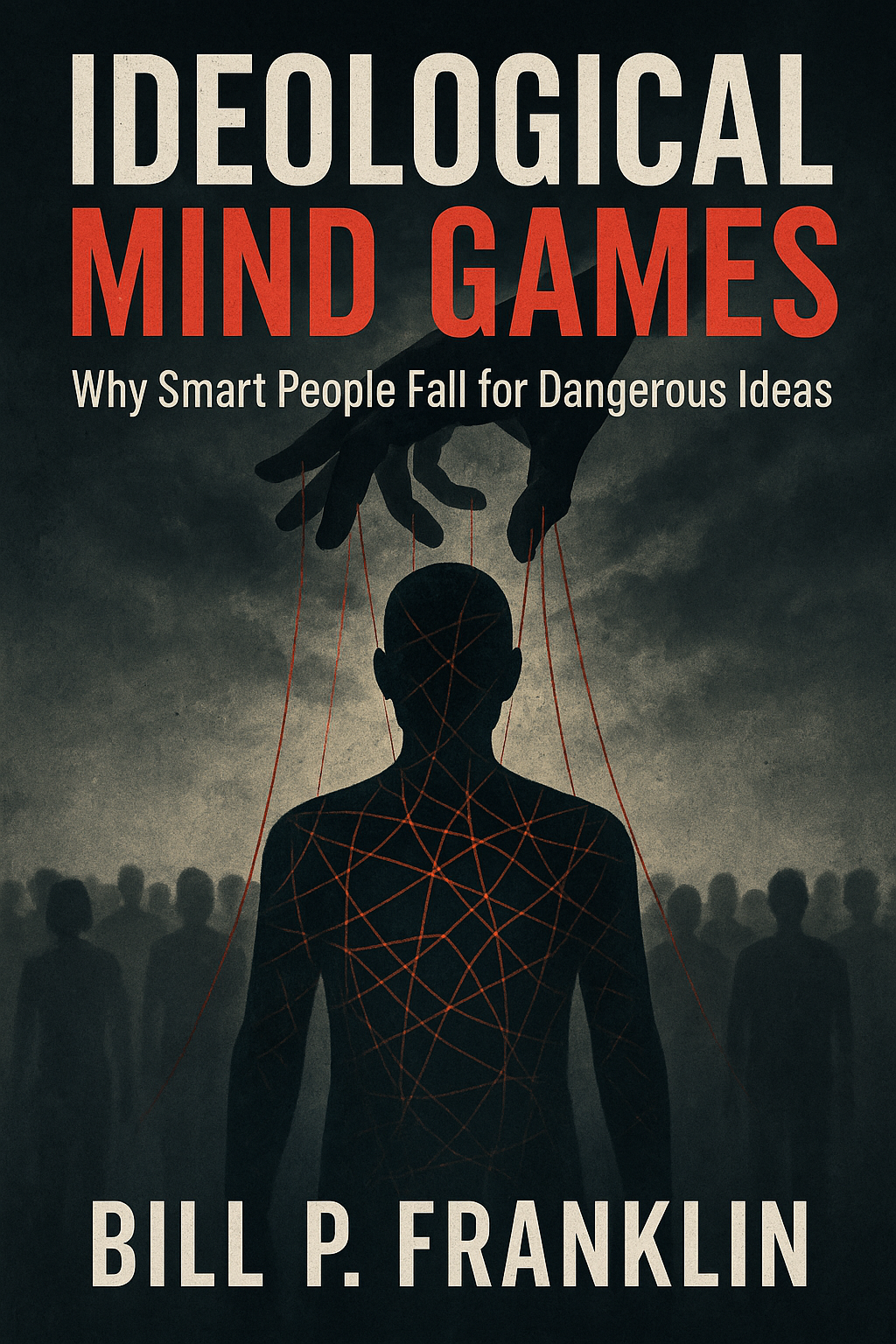
Ideological Mind Games
Bill P. Franklin examines how political ideologies can evolve into cult-like devotion by exploiting psychological needs for security, belonging, and moral certainty. Through historical and modern examples from authoritarian regimes to contemporary cancel culture, the book explores how fear, hope, and groupthink drive ideological rigidity and societal polarization. Franklin promotes critical thinking, self-awareness, and open dialogue as essential tools for resisting ideological manipulation and fostering healthier, more inclusive communities.
Critical Thought Series
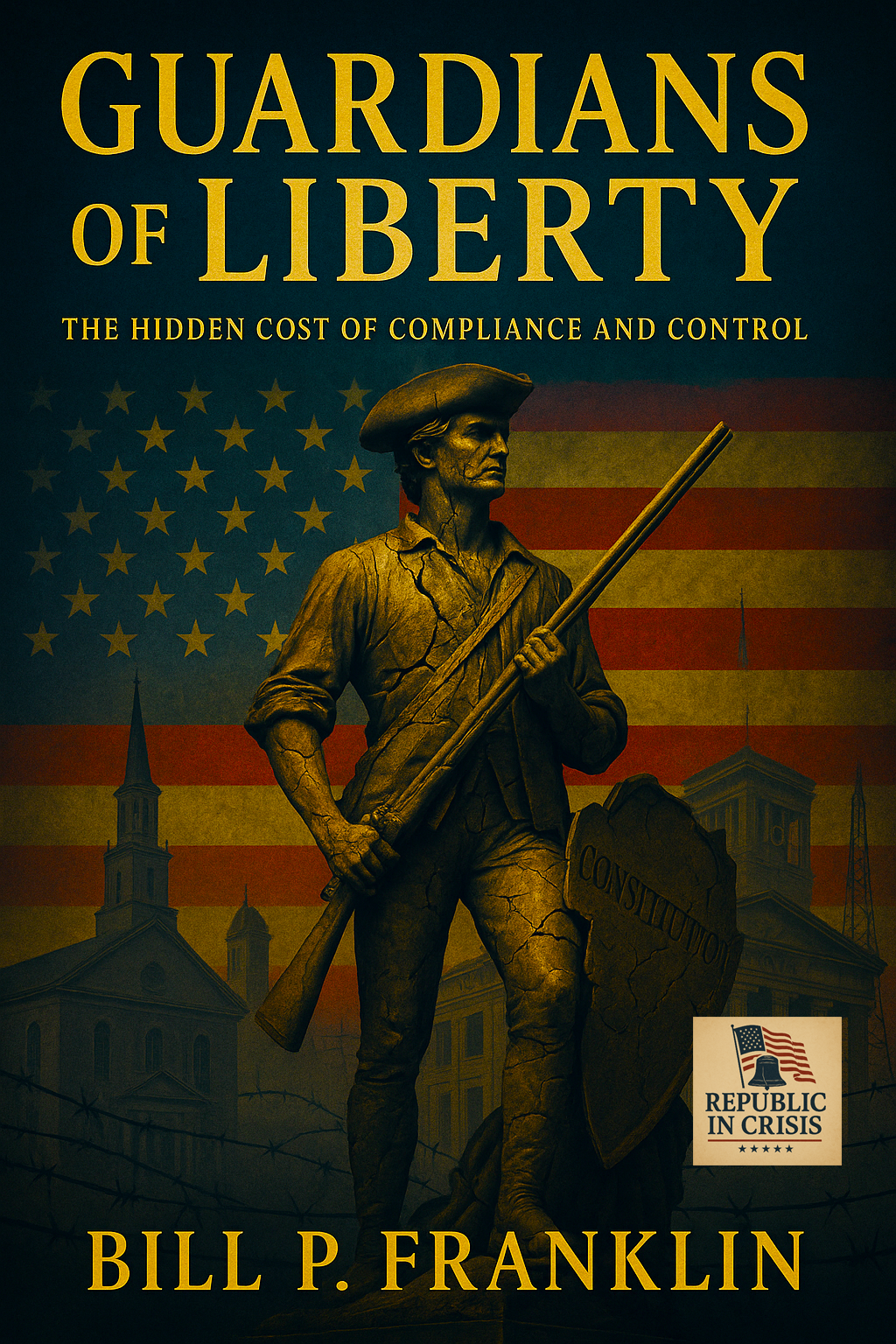
Guardians of Liberty
When America’s most trusted institutions become enforcers of conformity, liberty dies by a thousand quiet cuts. Guardians of Liberty reveals how schools, media, churches, and even the military have been co-opted to suppress dissent and reward obedience—all under the guise of progress. This book is your warning flare against the creeping tyranny marketed as compassion.
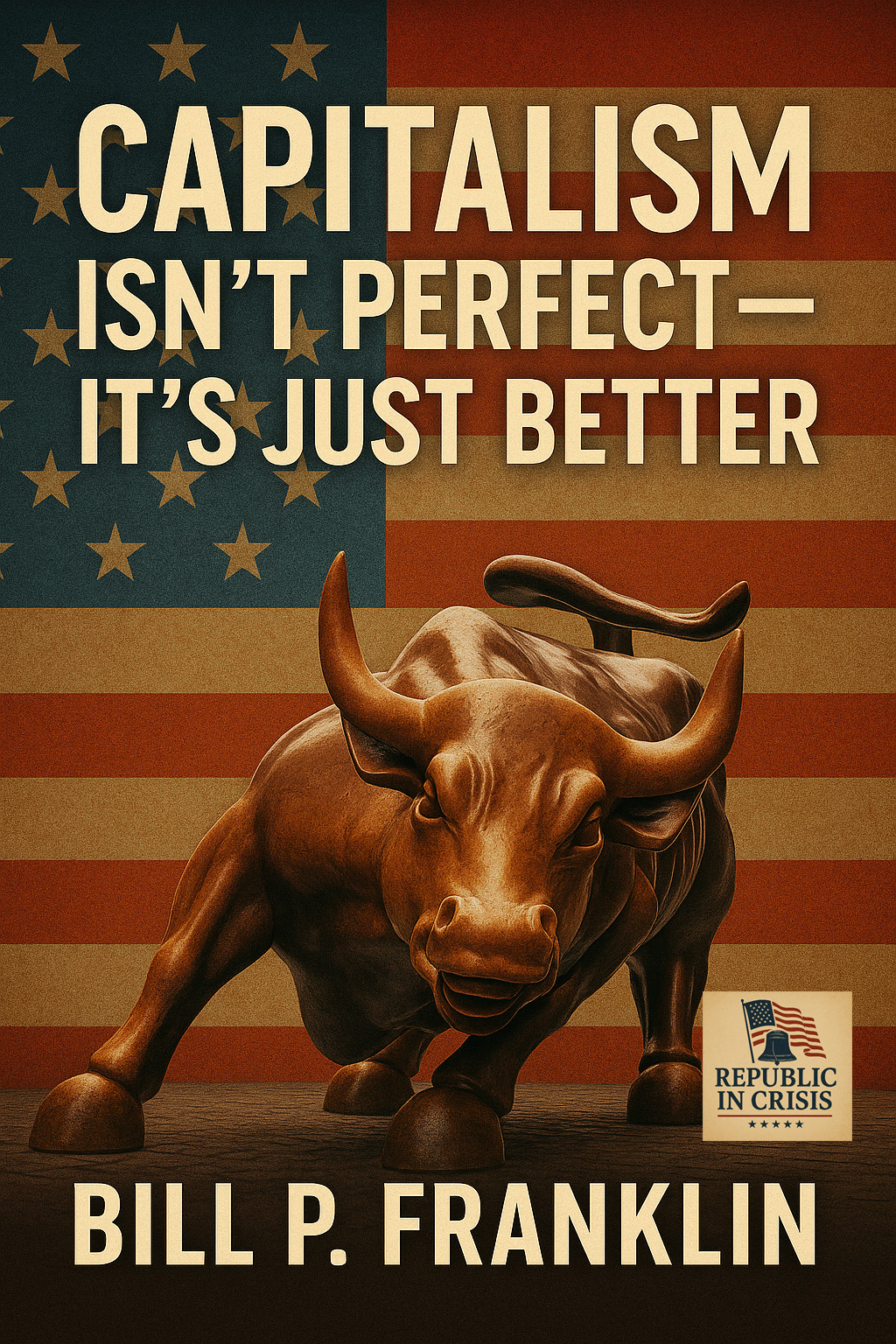
Capitalism isn’t Perfect – It’s Just Better
Capitalism isn’t perfect—but it’s the only system that has lifted billions from poverty while preserving individual liberty. In Capitalism Isn’t Perfect—It’s Just Better, Bill P. Franklin dismantles the myths of socialism and exposes how government “solutions” often breed stagnation and oppression. This is a powerful defense of free markets, innovation, and the moral strength of economic freedom.
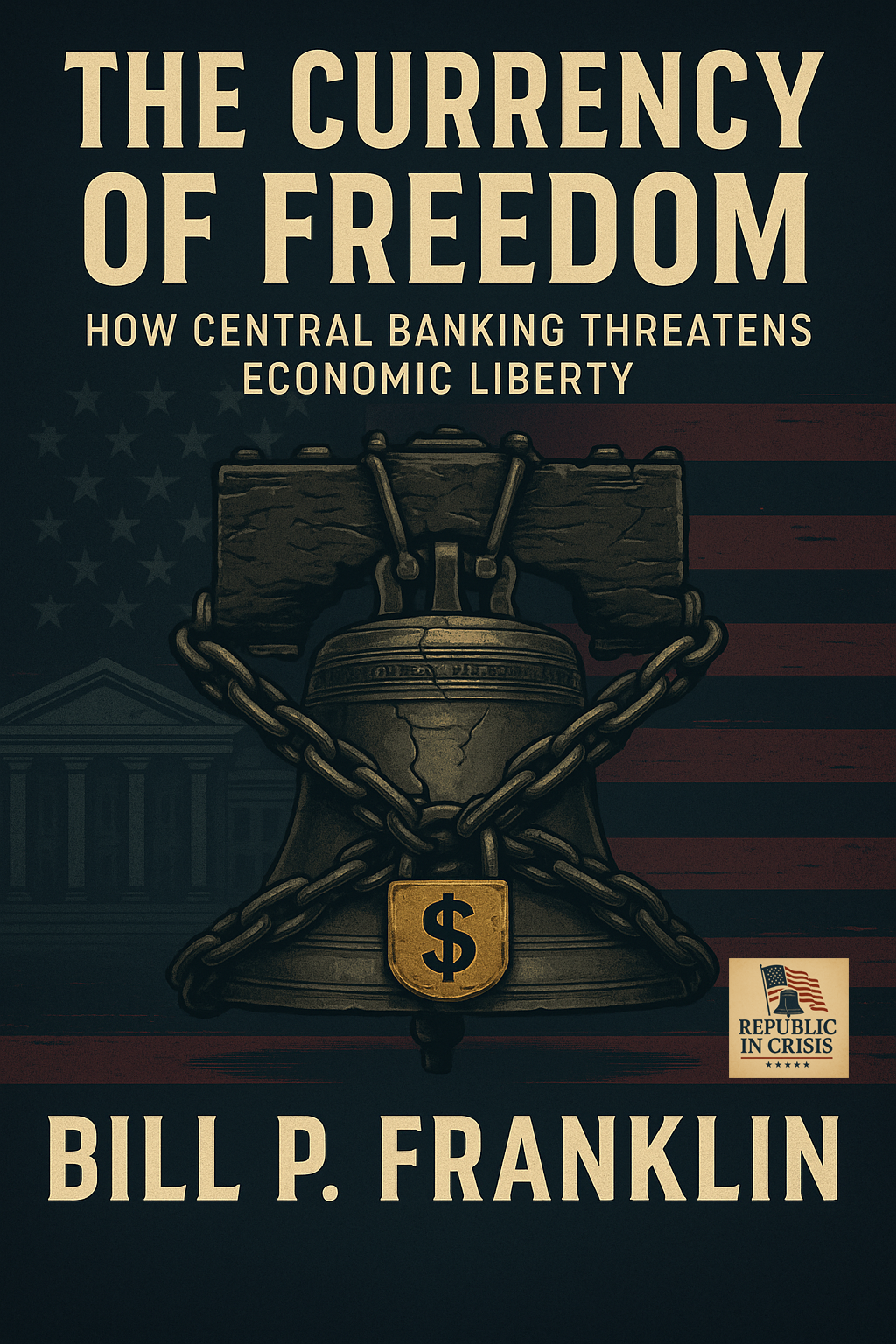
The Currency of Freedom
The Currency of Freedom exposes how central banking has quietly dismantled America’s constitutional money system, replacing gold and silver with debt, inflation, and control. Bill P. Franklin reveals how the Federal Reserve and fiat currency have enabled economic manipulation, eroded liberty, and fostered dependence. This is both a warning and a roadmap for reclaiming financial sovereignty before freedom becomes a memory.
Exploring Critical Thought
At The Republic in Crisis, we delve into economic systems and political ideologies, fostering informed discussions on governance, liberty, and community responsibility through historical analysis.

Critical Thought Matters
Connect with Us
